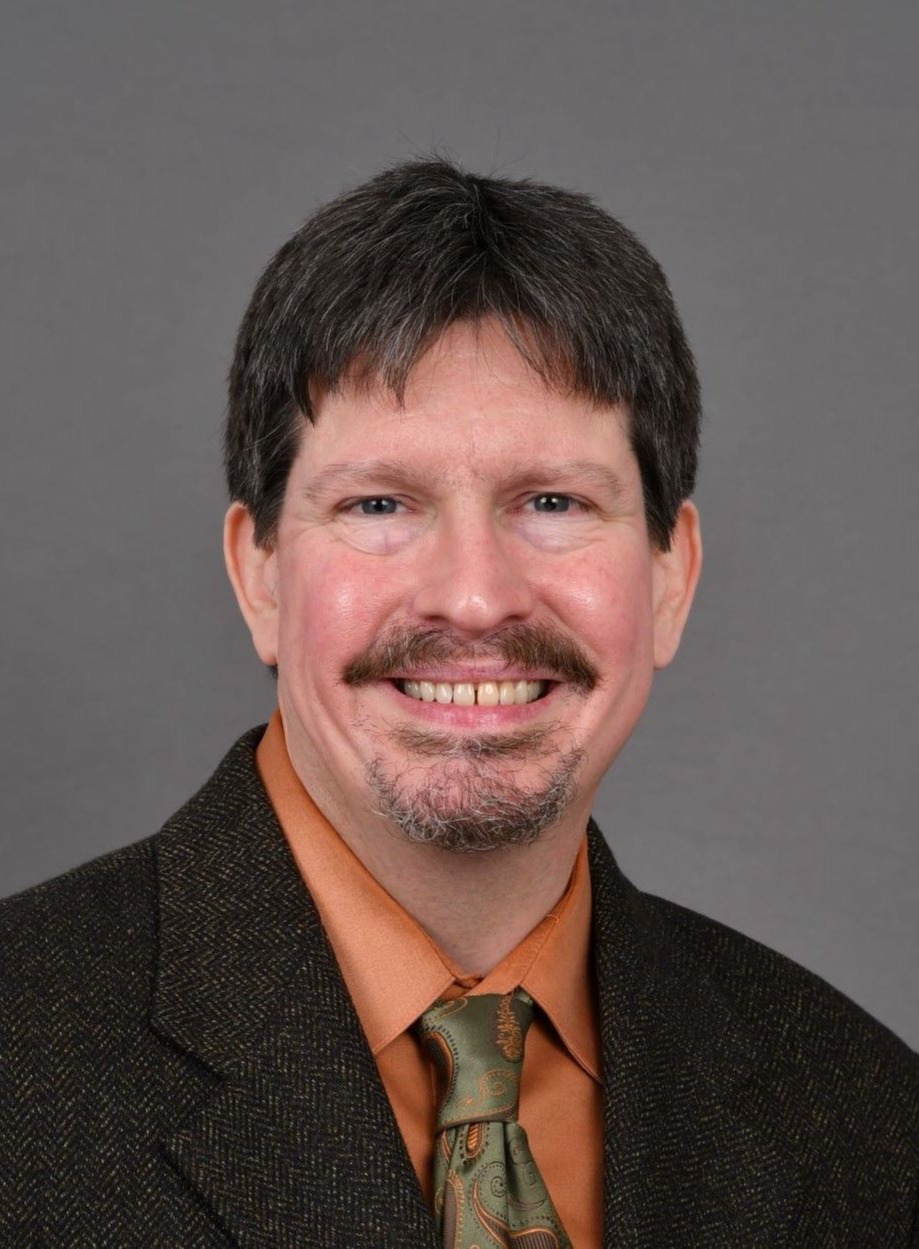Blog
Why Become Board Certified in Addiction Medicine?
 Q&A with Dr. Michael Weaver
Q&A with Dr. Michael Weaver
The American Board of Preventive Medicine (ABPM) addiction medicine board exam sets the minimum competency requirements to diagnose and treat patients with addiction. Certification demonstrates a physician’s expertise in the subspecialty of addiction medicine and commitment to providing evidence-based quality care. Applications for the ABPM addiction medicine board exam are open now until June 30, 2023. A limited-time practice pathway to qualify for the board exams is open only until 2025. Take advantage of this opportunity before it expires!
Michael Weaver, MD, DFASAM has dedicated significant time to elevating addiction medicine certification and the ABPM Board Exam. In a recent interview with ASAM, he shared his perspective on the importance of addiction medicine certification and the pertinent information physicians need to know about the exam.
Dr. Weaver is a professor of psychiatry at McGovern Medical School and the medical director of the Center for Neurobehavioral Research on Addictions (CNRA). He has been on the ABPM Board of Directors since 2016 and has been an ASAM member since 1996. In 2023, Dr. Weaver won the ASAM Annual Award for his outstanding contributions to the addiction medicine field.
Question: Why should physicians become board certified?
Dr. Weaver: Physicians specializing in addiction medicine should become board-certified in this sub-specialty because it demonstrates that they have attained the expertise necessary to treat patients with evidence-based practices and that they will stay current in this emerging field. It is estimated that 16 percent of the non-institutionalized US population age 12 and older – more than 40 million Americans – meets medical criteria for addiction involving nicotine, alcohol, or other drugs. In the context of the opioid crisis, it is imperative that more medical schools, health systems, and insurers help increase the addiction medicine workforce and better integrate addiction care into mainstream health systems by employing certified addiction medicine physicians.
Question: What information do physicians need to know about the ABPM addiction medicine board exam?
Dr. Weaver: The initial certification examination for addiction medicine assesses the ability to apply knowledge and focuses on high-frequency and/or high-impact patient problems. The exam emphasizes clinical situations and decisions arising in the experienced addiction medicine specialist’s practice. It is composed of 200 multiple-choice questions taken over 4 hours at a secure test center. The exam will be administered between October 16 to November 5, 2023, and the applicant can choose their preferred test center locations and exam date within that time. The results of the exam will be available to examinees by the end of January 2024.
Question: How did you become involved with the board exam?
Dr. Weaver: I joined the ASAM Examination Committee, which oversaw the initial certification exam for addiction medicine in 2001, and became chair in 2004. When addiction medicine was recognized as a subspecialty by the American Board of Medical Specialties (ABMS) and the administration of the certification process was taken over by the ABPM, I was asked to continue my role as the chair of the Examination Committee for Addiction Medicine and to expand this leadership role by becoming the sub-board chair for Addiction Medicine for the ABPM in 2016.
Question: Why have you chosen to devote your time to working on the ABPM board exam?
Dr. Weaver: I have the opportunity to work with great colleagues, most of whom are respected leaders in the field of addiction medicine. We work together to write items for the exam and make sure they perform well over time. This also provides me with an opportunity to be of service to my chosen field and have an impact on it.
Question: Why should physicians apply this year for the board exam?
Dr. Weaver: The practice pathway for certification in addiction medicine through ABPM will only be open through the 2025 exam cycle, so there are only two more application cycles after this one in which to take the exam. Once the practice pathway closes permanently after 2025, physicians will be required to complete a fellowship in addiction medicine in order to take the certification exam. Don’t wait until the last minute to apply!
